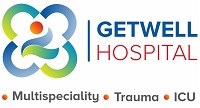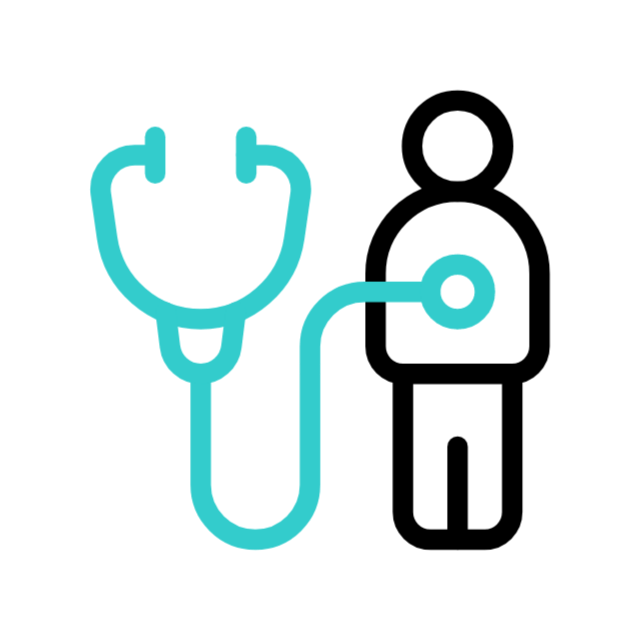Skin and Dermatology

Skin Issues
Dermatological conditions, or skin problems, affect the skin, nails or hair. The body's largest organ is the skin, a defensive shield against the environment. This barrier's weakness may result in simple rashes or more serious chronic diseases. Certain skin conditions can be short-lived, affordable and settle quickly, whereas others are chronic and can significantly impact an individual's quality of life.
Skin Problems’ Signs
- Rashes and Lesions: A rash or red and sore, and a sore that is not healing are among the well-known signs of a skin problem. This may result from an allergic reaction, infection, or chronic condition.
- Itching and Pain: Constant itching, burning, or discomfort on the skin might mean that there is an underlying problem such as a fungal infection, eczema or psoriasis.
- Size, Shape and Colour of Moles or Growths: Such alterations in a mole's size, shape, or colour or the emergence of an unusual growth are also signs that should be considered a potential indicator of skin cancer.
The Consequences of Skin Problems
- Pain and discomfort: Some skin problems lead to pain, itching or burning sensations, and may always be painfully uncomfortable.
- Psychological Effects: Visible skin conditions may cause significant psychological effects that result in anxiety or depression and social alienation.
- Risk of Infection: Exposing the skin to a break in its protective barrier, namely a rash or wound, may further the risk of infection by bacteria or virus.
Hair and Nail Issues
Common dermatological problems that can cause hair and nail sensations include genetics, lack of specific nutrition, fungal infections, or medical conditions. Hair and nails often represent a person's general health. Although some problems might be trivial and temporary, others are related to more serious systemic conditions.
Signs of Hair and Nail Problems
- Hair Loss: An observable thickening of hair loss or bald spots can be an essential sign of a hair-related problem, either male or female pattern baldness, alopecia areata, or a vitamin or mineral malnutrition.
- Nail Discolouration/Thickening: This could be where the nails are not of their standard colour, like they appear yellowish or brownish, thickened or brittle.
- Unusual Nail Growth: Nails that are pitted or even ridged and starting to detach themselves from the nail are clues to an underlying illness, such as psoriasis or a thyroid problem.
Consequences of Hair and Nail Problems
- Psychological Impact: Visible nail disturbances or hair loss can be very psychologically devastating, causing a loss of confidence and social anxiety.
- Pain and discomfort: Fungal infections in the nails may prove painful, and certain hair disorders may result in an itchy and irritated scalp.
- Underlying Health Issues: Hair/nail problems may indicate lesser-known underlying health problems like an autoimmune disease that may need a thorough medical diagnosis and treatment.
Cosmetic Problems
Cosmetic problems encompass a variety of conditions associated with the bodily appearance of an individual, which, though not medically hazardous, can be emotionally upsetting and result in a lack of self-esteem. These problems may involve wrinkles, acne scars, uneven skin tones, and unwanted hair. Cosmetic procedures are not essential; they are procedures done to improve the appearance of an individual to boost self-esteem.
Signs of Cosmetic Problems
- Symptoms of Ageing: Skin ageing includes the development of fine lines, wrinkles, and sun spots on the skin, which would be a significant indication of a cosmetic procedure.
- Acne scars: Vulgar skin depressions and uneven surfaces with past acne are regular reasons to seek cosmetic solutions, including microdermabrasion and chemoplasty.
- Distracting Deformities: There are those deformities that an individual might want to correct through cosmetic surgery, including the nose, small breasts, protruding belly, among others.
Effects of Cosmetic Problems
- Psychological Distress: The most significant negative psychological impact is dissatisfaction with one's appearance. This causes anxiety, depression and social isolation.
- Low self-esteem: When a condition is cosmetic, it may also lower an individual's self-esteem and confidence, impacting their personal and professional life.
- Social and Professional Impact: Visible acne or scarring is one of the cosmetic problems that a person feels embarrassed about and may impede social or professional life.


 Insurance
Insurance Health Packages
Health Packages

